Oversized unit and high humidity problems?
helloimchristie
11 years ago
Related Stories
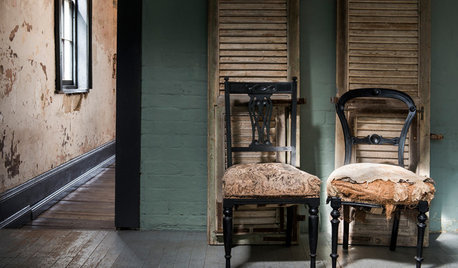
REMODELING GUIDESThe Hidden Problems in Old Houses
Before snatching up an old home, get to know what you’re in for by understanding the potential horrors that lurk below the surface
Full Story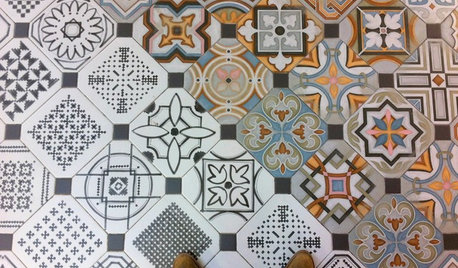
EVENTSTile Goes High Tech at Italy's Big Expo
Cutting-edge methods are creating tile looks from handmade to avant-garde, as seen as CERSAIE 2013
Full Story
PLANTING IDEASGreat Garden Combo: Tropical Beauties for a Sun-Drenched Border
These standouts hold up in drought, heat and humidity — and their good looks hold up to scrutiny
Full Story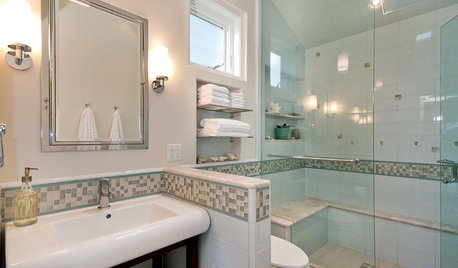
BATHROOM DESIGN6 Elements of a Perfect Bathroom Paint Job
High-quality paint alone won't cut it. For the best-looking painted bathroom walls, you'll need to get these other details right
Full Story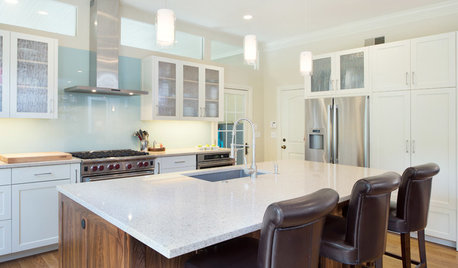
KITCHEN DESIGNModern Storage and Sunshine Scare Away the Monster in a Kansas Kitchen
New windows and all-white cabinetry lighten a kitchen that was once dominated by an oversize range hood and inefficient cabinets
Full Story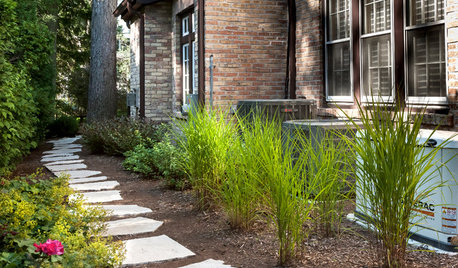
MOST POPULAR5 Ways to Hide That Big Air Conditioner in Your Yard
Don’t sweat that boxy A/C unit. Here’s how to place it out of sight and out of mind
Full Story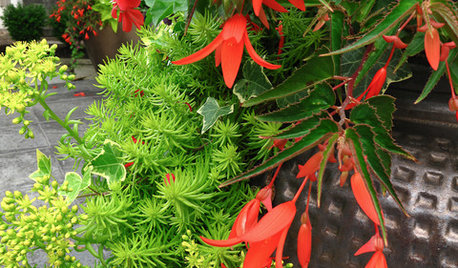
GARDENING GUIDESSuperstar Annuals for Containers and Baskets
High performing, low maintenance and all-around gorgeous, these container plants go the distance while you sit back and relax
Full Story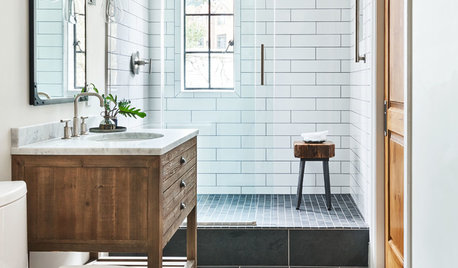
BATHROOM WORKBOOK12 Ways to Get a Luxe Bathroom Look for Less
Your budget bathroom can have a high-end feel with the right tile, stone, vanity and accessories
Full Story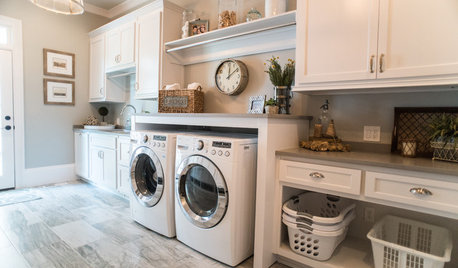
LAUNDRY ROOMSThe 20 Most Popular Laundry Room Photos of 2015
No drudgery here when it comes to laundry. High style and multifunctionality have made these rooms new favorites this year.
Full Story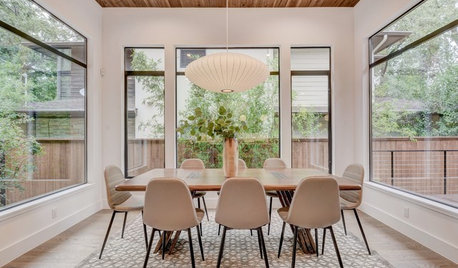
REMODELING GUIDESHow to Get Your Pendant Light Right
Find out where to place a hanging light and how high it should be
Full Story





ionized_gw
energy_rater_la
Related Professionals
Half Moon Bay Solar Energy Systems · Holliston Solar Energy Systems · Maple Grove Solar Energy Systems · Weymouth Solar Energy Systems · Azalea Park Solar Energy Systems · Lincolnwood Home Automation & Home Media · Massapequa Home Automation & Home Media · South San Francisco Home Automation & Home Media · Tampa Home Automation & Home Media · Westminster Home Automation & Home Media · Sierra Madre Electricians · Douglasville Fireplaces · East Orange Fireplaces · Hoffman Estates Fireplaces · North Ogden Fireplacespitcom
mike_home
Dry_Dog